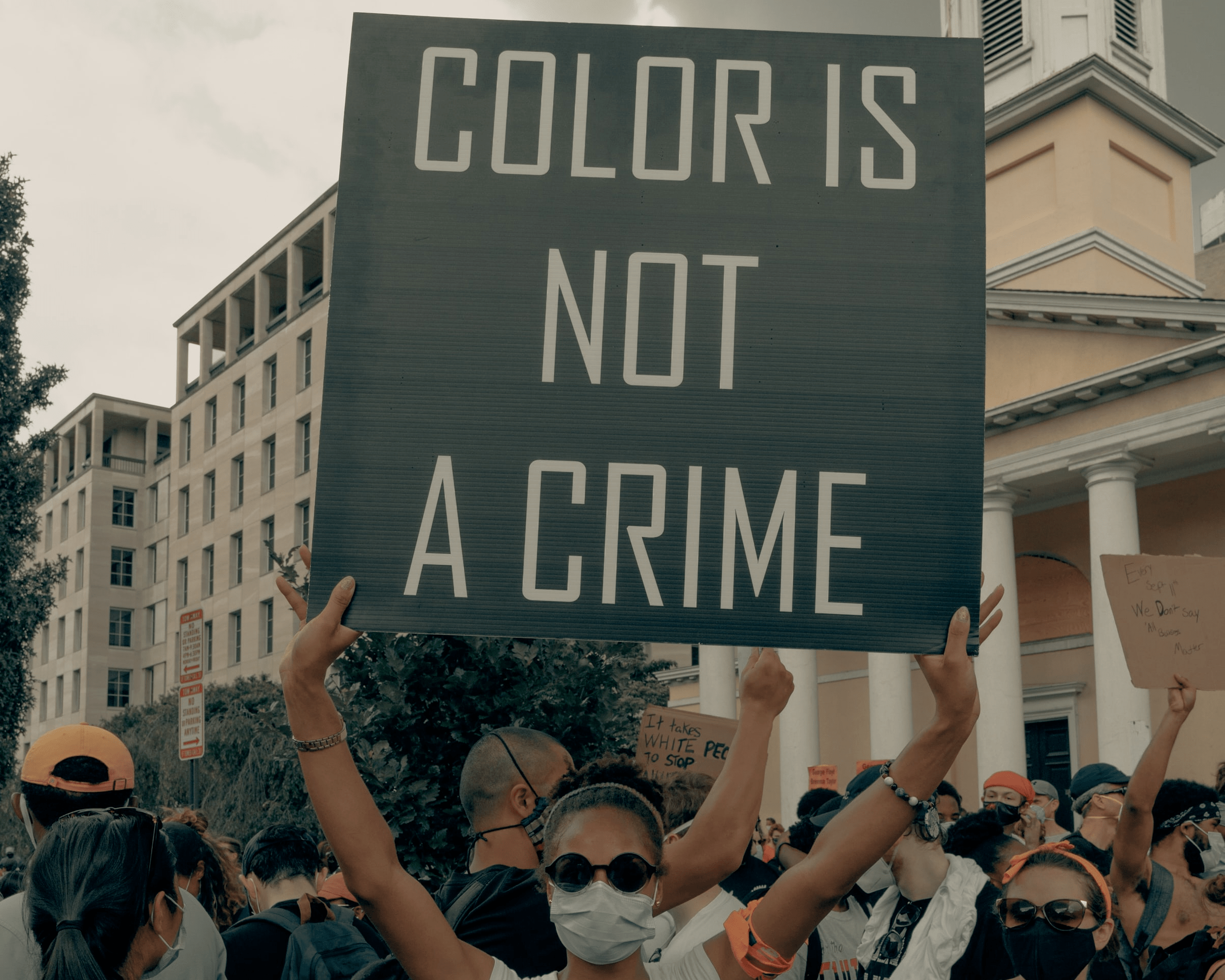If you looked at school curricula not so very long ago, you would struggle to find much on Black history in British and American teaching.
In schools, students mostly learn about white figures, whilst Black and ethnic figureheads are not mentioned.
Protests for civil rights and against racial justice grew momentum in the 1960s and there was a call in the US for more teaching of the history and acknowledgement of the achievements of Black people.
Black History Month was first officially recognised in America in 1976 by President Gerald Ford and is celebrated there in February as this conincides with the birthday of Abraham Lincoln who was influential in the emancipation of slaves.
Not having this reference in the UK we celebrate Black History Month in October, when efforts are made nationwide to learn about aspects of Black history that have previously been left out.
Looking back and looking forward
In recent years, many schools and institutions have started to teach and educate people on Black history, helped by awareness being raised by events like Black History Month.
Informing and educating people, and illustrating the inequalities Black people have faced and still do, helps us reflect on how far we have come, and how race relations have improved, but also in how far we still have to go.
Black communities are still underrepresented and face inequality in many aspects of life, including in the media, corporations, and institutions such as higher education.
There are still issues with police violence stemming from racial profiling, stereotypes and police brutality.
Because of this, Black History Month continues to raise awareness of the injustices Black people still face, helping give a more accurate representation of marginalised groups.
Still celebrating
We continue to celebrate and highlight the many remarkable things Black communities and individuals have achieved with the aim to both educate and reduce prejudice.
This can give the opportunity to create safe, inclusive environments where people experience both equality and belonging.
Talking about race can still be a taboo subject. There are differing views on correct terminology – the use of the acronym BAME for example – and what is appropriate or inappropriate to discuss.
However, instead of avoiding these potentially awkward conversations, it is important we have them in order to embrace and understand cultural differences.
In addition it can help challenge misconceptions, encourage healthy debate learning about wrongdoings in the past in order to progress in the future.
Black History Month continues to be a force for good.

